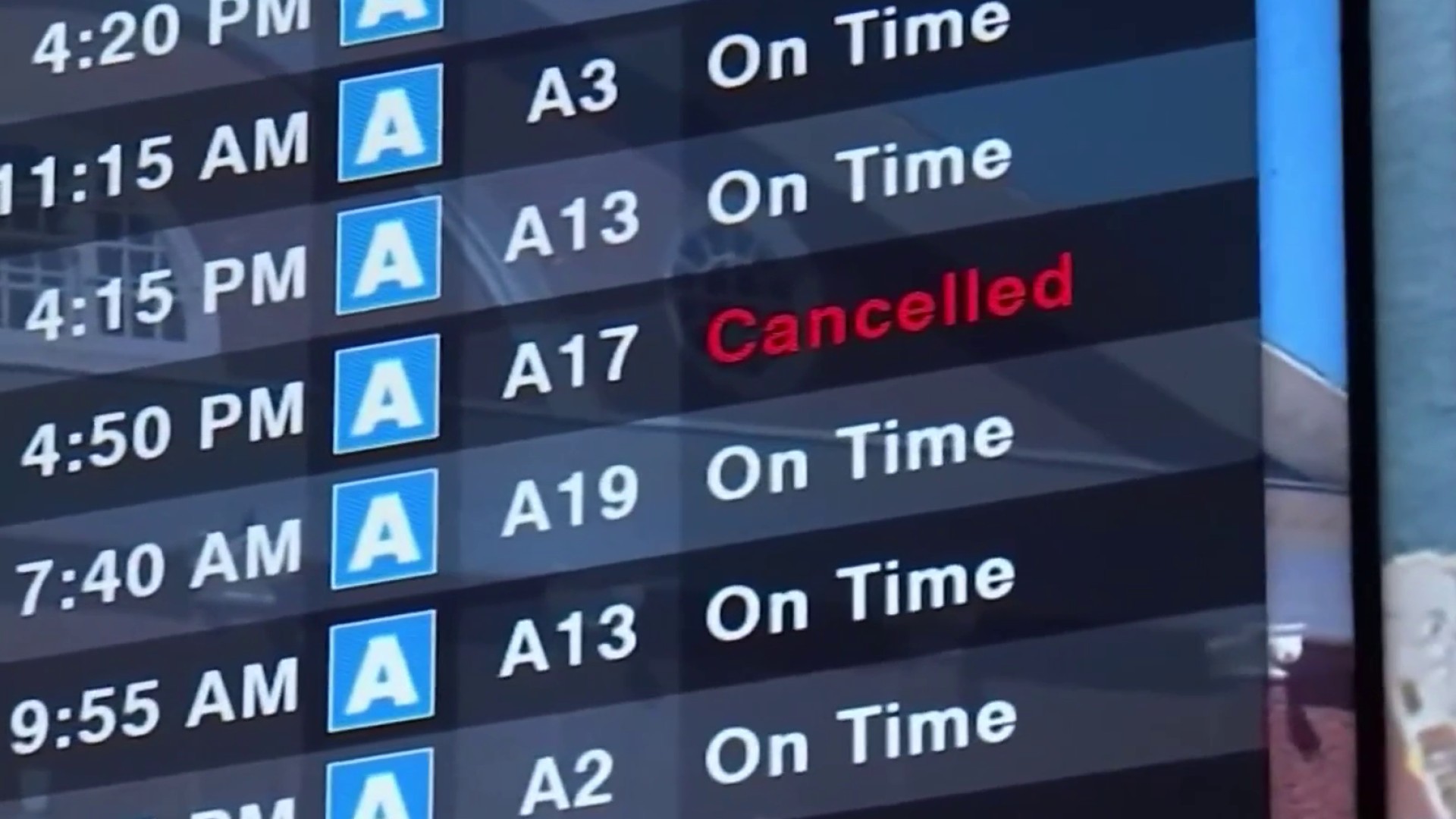Before she became one of the most important African-American authors, orators and civil rights activists of the 20th century, Maya Angelou broke barriers working as San Francisco’s first female black street car conductor.
Angelou -- who died Wednesday in Winston-Salem, North Carolina at age 86 -- started the job when she was just 16 years old.
Her mother, Vivian Baxter, encouraged her to pursue the position in the 1940s, Angelou told her dear friend, Oprah Winfrey, in a May 2013 "Super Soul Sunday" interview. Her mom told her that if she wanted her "dream job," she would need to arrive earlier than the secretaries and work harder than anyone else. Angelou wanted the job so badly, adding: "I loved the uniforms."
- Photos: Maya Angelou's Life And Times
"I saw women on the street cars with their little changer belts... And they had caps with bills on them and they had form-fitting jackets," Angelou recalled.
She got the job. Her route, she said, ran from the beach to the Ferry Building.
Angelou also wrote about her street car experiences in a book, “Mom & Me & Mom ,” one of seven autobiographies penned by the prolific author, who also wrote three books of essays, several compilations of poetry, plays, movies and TV shows. In her most famed book, I Know Why the Caged Bird Sings, Angelou described standing on the black platform of a 7-Haight streetcar collecting nickels from passengers.

According to Market Street Railway, which employed Angelou, there is evidence to suggest a few black street car operators were hired before her, but she was the first female African-American conductor.Memorial to Maya Angelou at the San Francisco Railway Museum.
Local
This year, she received a lifetime-achievement award from the Washington, D.C.-based Conference of Minority Transportation Officials during a program celebrating “Women Who Move the Nation.” She was asked to be the keynote speaker in March. But in a phone interview Wednesday, spokesman Bill Carney said that she canceled the day before because of health reasons, and Jesse Jackson stepped in to replace her.
But most don't know about Angelou's street car experience. What the world remembers about Angelou are the words she spoke and wrote.
In her vast body of work, Angelou became a leading voice for the African-American community, and has been long regarded as an American civil rights leader.
Born in St. Louis, Missouri in 1928, Angelou later moved to Oakland, California, where a sculpture is dedicated to her at a park near the Fox Theater. During World War II, she studied dance and drama on a scholarship at the California Labor School in San Francisco.
Glide Memorial Church Co-Founder Rev. Cecil Williams told NBC Bay Area on Wednesday that he met Angelou - whom he called "sister" - at a party he hosted at his San Francisco home 40 years ago. "She was so inclusive, a great activist, a sage, and a creator of song and dance," Williams said, rattling off a list of wonderful attributes. "She did so much to bring people together. She was just one of the most human persons I have ever met."

Angelou spoke at Williams' church more than 100 times. Since she was ill in December, one of those times was speaking by video to honor Glide's 50th holiday festival to pay tribute to Williams and his wife, Janice Mirikitani, also a poet. Williams also officiated at Angelou's three weddings - and even held one "divorce ceremony" for her, he said.
Maya Angelou at Glide Memorial Church in San Francisco. Undated.
When Williams found out about his friend's death, he said he was "so moved, I just had to break down for a short time."
Though he met Angelou much later in life, he does remember her telling him about her driving a street car.
"Yes," Williams said. "We had a laugh about that."
NBC Bay Area's Christie Smith and Shelby Hansen contributed to this report.



